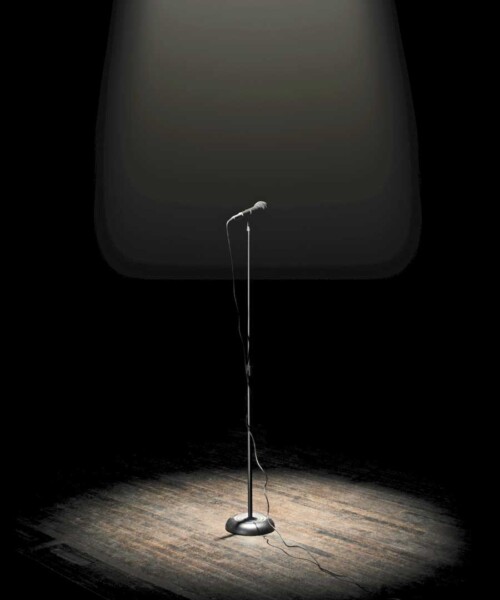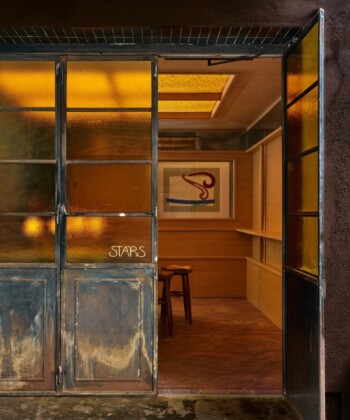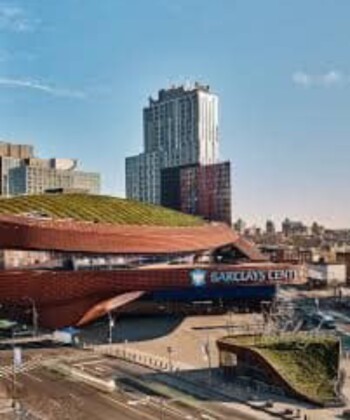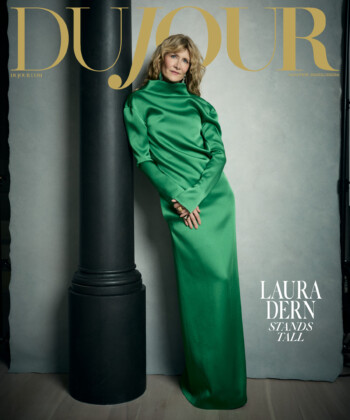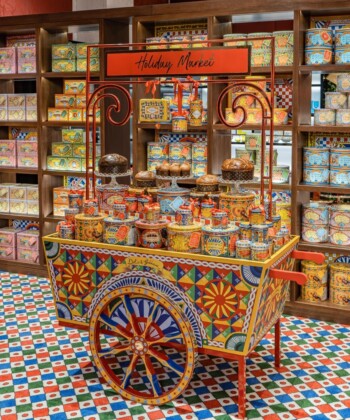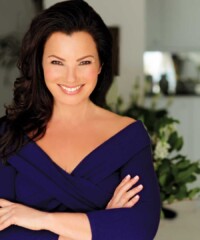Don’t be alarmed when you hear an unexpected sound echoing through the canyons of Manhattan in the coming days—it’s probably just laughter. On November 6, the 10th annual New York Comedy Festival kicks off four days of live performances, presentations, panels and music from some of the biggest names in the industry including Stephen Colbert, Wanda Sykes, Kathy Griffin, Bill Maher and more (not to mention the annual Stand Up For Heroes benefit, also on November 6, with Bruce Springsteen, Roger Waters and Bill Cosby).
Here, NYCF founder and comedy club legend Caroline Hirsch, who’s also nurtured countless comics over the 30 years at her namesake club Caroline’s, chats with DuJour about the fest, how to make it in comedy and who it is that keeps her laughing.

Why did you initially start the New York Comedy Festival?
I’m celebrating 30 years of Caroline’s this year also, and it’s the 10th anniversary of the festival. The festival started on the 20th anniversary of Caroline’s, when I held this big benefit at Carnegie Hall. I invited a lot of people to perform who had worked at the club over the years. Lewis Black hosted it, and we had Denis Leary and Jon Stewart and just a list of all the people that had gone to the club. A lot of great headliners appeared for this anniversary show. It was such a great evening that we said we should be doing more of this, and that’s really how [the comedy festival] came to be.
How has the festival changed since it launched?
The amount of shows and the number of people that come out. This year, we’ll have over 60 shows from 500 people. We cover the spectrum here with performances.
How do you choose who’s going to get to make the cut?
Not everybody can sell 5,500 seats at Madison Square Garden, like we did last year with Kevin Hart. This year we’re working with Wanda Sykes at the Beacon Theater, we have Bill Burr at the Beacon, and we have a panel discussion with his writers this year at Town Hall, which is 1,400 seats. People put it on their calendar as something to do; Bill Maher knows that he comes in November and appears at the festival.
This is a far cry from what was going on 30 years ago when you first opened your club. How do you think things have changed?
There are more comedians around. When I started, I probably had maybe 30 headliners a year, and now it’s unbelievable. George Carlin mentored the Jerry Seinfelds and the Jay Lenos, and then there was this group that came up now that were kind of mentored by Jay and Jerry. It’s like they reproduced more and more comedians through the generations. Kids in their twenties and thirties are selling out theaters.
You’ve seen a lot of these people during their salad days. Can you tell early on who’s going to make it?
Yes, I can spot talent, but having talent is not the only part of it. You do need your own voice, you do need to write your own material, and you do need a little but of luck on your side. I’ve worked with the best in the business: Jerry Seinfeld, Jay Leno and Jon Stewart and Bill Maher early on. They were doing great stand up comedy at that time, so my kind of luck was being able to acknowledge what’s great.
Who would you say is the funniest person that you know?
The most unique kind of comedy and twisted, dark humor that I like is kind of the Larry David humor. I knew Larry early on, and Larry used to work at Caroline’s. Never in my wildest dream did I think that Larry David would be part of something like Seinfeld, but you can see how much that was him and Jerry wandering around food stores picking up cereal boxes and making up something funny about it.
If you have one piece of advice to offer to someone who wants to make it in the world of comedy, what is it?
You must make a promise to yourself that you’ll follow through with it, because it takes many years to get really, really good at it. You must be disciplined, you must write, you must find an original voice—lots of times people don’t find it early on. You look at Jon Stewart today and as the jokester from years ago, and Jon Stewart just grew into himself. I know I saw him at 27 and then at 40 and he was an entirely different person. And you know, it takes time and it takes maturity to find a voice also. That doesn’t happen overnight, that doesn’t happen for an 18-year-old. It takes time to grow into yourself and create some smart humor.
MORE:
A Night of Comedy for Charity
Hipster’s 8 Original Outliers
Why Hugh Jackman Can’t Stop Laughing

























